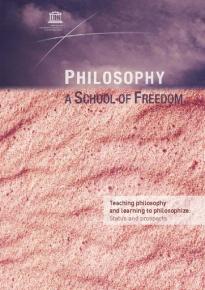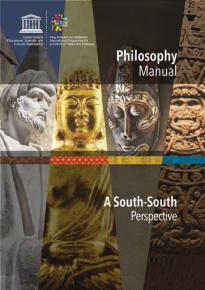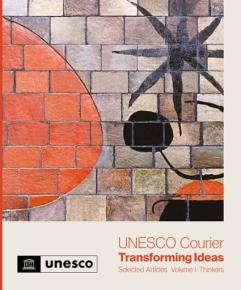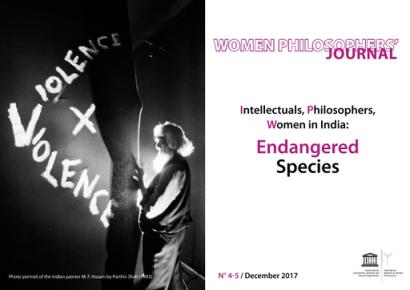
Philosophy and Humanities
Philosophy – which is part of the humanities - questions every dimension of human life. UNESCO has always been closely linked to philosophy, which is defined as a “School of Freedom” in one of its major publications. Through critical questioning, philosophy gives meaning to life and action in the international context.
The link between philosophy and UNESCO stems from the inquiry on the possibility of and necessary conditions for the establishment of long-term peace and security in the world.
Through its intellectual work, in dialogue with other humanities disciplines and social sciences, philosophy contributes to institutional responses to the issues of social transformation, reflecting the pluralism of experience and cultures across the world.

UNESCO Chair on Philosophy with Children
The Chair on Philosophy with Children (aged 4 to 18) is specifically dedicated to philosophical practices with children. It is important to educate future citizens from a very young age to critical thinking, humanist values, gender equality, to the necessity of serene and respectful dialogue between all cultures and to the fight against all form of dogmatism.
The Chair aims to help the development of these democratic practices through research, training, dissemination of pedagogical tools in schools and society, dialogue between players and children of the whole world.
Partnerships / Networks
- CIPSH – International Council for Philosophy and Human Sciences
- Rencontres Philosophiques de MONACO
- BRIDGES – Humanities-driven Sustainability Science coalition
- Université Paris-Saclay
- Le Fresnoy – Studio National des Arts Contemporains
- CISH, UNESCO Byblos – International Center for Human Sciences





